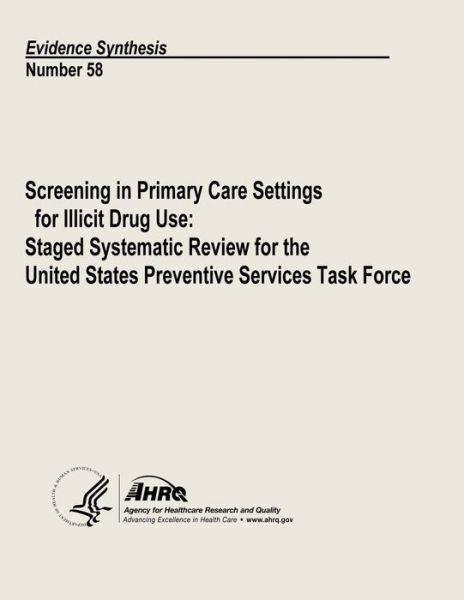
Tell your friends about this item:
Pharmacological Treatment of Dementia: Evidence Report / Technology Assessment Number 97
U S Department of Heal Human Services
Pharmacological Treatment of Dementia: Evidence Report / Technology Assessment Number 97
U S Department of Heal Human Services
Publisher Marketing: The focus of this review is the pharmacological treatment of dementia. Pharmacotherapy is often the central intervention used to improve symptoms or delay the progression of dementia syndromes. The available agents vary with respect to their therapeutic actions, and are supported by varying levels of evidence for efficacy. This report is a systematic evaluation of the evidence for pharmacological interventions for the treatment of dementia in the domains of cognition, global function, behavior/mood, quality of life/activities of daily living (ADL) and caregiver burden. Many medications have been studied in dementia patients. These agents can be classified into three broad categories: 1. Cholinergic neurotransmitter modifying agents, such as acetylcholinesterase inhibitors. 2. Non-cholinergic neurotransmitters/neuropeptide modifying agents. 3. Other pharmacological agents. Although only five agents have been approved by the Food and Drug Administration (FDA) for the treatment of dementia, many other pharmacological agents have been evaluated in trials and may be prescribed in off-label use. Given the range of pharmacological agents that have been tested in dementia, a systematic review of these interventions (using a consistent methodology) provides a meaningful contribution in this area. The key questions addressed in this systematic review are as follows: 1. Does pharmacotherapy for dementia syndromes improve cognitive symptoms and outcomes? 2. Does pharmacotherapy delay cognitive deterioration or delay disease onset of dementia syndromes? 3. Are certain drugs, including alternative medicines (non-pharmaceutical), more effective than others? 4. Do certain patient populations benefit more from pharmacotherapy than others? 5. What is the evidence base for the treatment of ischemic vascular dementia (VaD)? This review considers different types of dementia populations (not just Alzheimer's Disease [AD]) in subjects from both community and institutional settings. The studies eligible in this systematic review were restricted to parallel RCTs of high methodological quality.
| Media | Books Paperback Book (Book with soft cover and glued back) |
| Released | June 29, 2013 |
| ISBN13 | 9781490574509 |
| Publishers | Createspace |
| Pages | 768 |
| Dimensions | 191 × 235 × 39 mm · 1.30 kg |

































